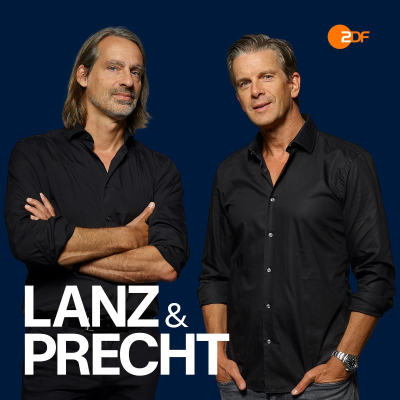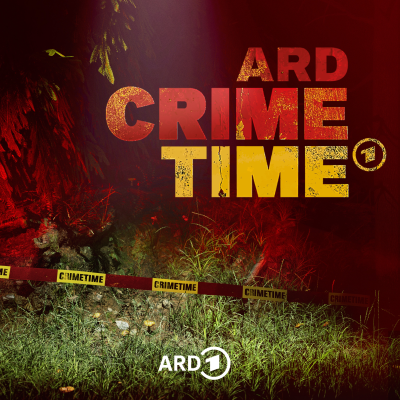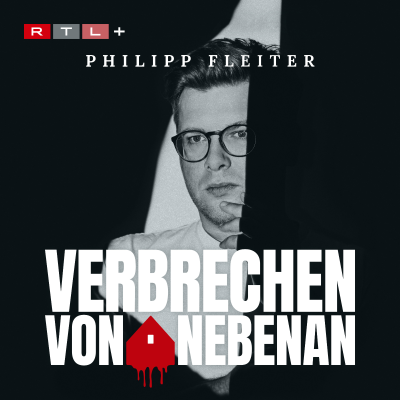
Vidhi Centre for Legal Policy's Podcast
Podcast von Vidhi Centre for Legal Policy's Podcast
Nimm diesen Podcast mit

Mehr als 1 Million Hörer*innen
Du wirst Podimo lieben und damit bist du nicht allein
Mit 4,7 Sternen im App Store bewertet
Alle Folgen
121 FolgenSince its first nuclear test in 1974, India has walked a fine line — committed to disarmament, yet outside the Treaty on the Non-Proliferation of Nuclear Weapons (NPT). In this episode, Dr. Arghya Sengupta and Ambassador Rakesh Sood unpack India’s nuclear doctrine, its “no first use” policy, and the complex geopolitics of deterrence, disarmament, and legitimacy. Can a country outside the global non-proliferation regime shape its rules? #NuclearPolicy #IndiaForeignPolicy #Disarmament #Geopolitics #Podcast
India as a Norm Maker in International Law - Justify Season 5 Episode 3 by
Is Water Still a Bridge—or Becoming a Weapon? The Indus Waters Treaty has survived wars and decades of mistrust. But with climate shocks, development pressures, and India's recent decision to keep the treaty in abeyance, the future of this historic agreement is at a crossroads. Join Arghya Sengupta in conversation with Dr. Daniel Haines, author of Rivers Divided and Associate Professor at UCL, as they unpack: - The origins and evolution of the IWT - Water as a strategic tool in India–Pakistan relations - What a reimagined water treaty could look like in an age of climate risk and regional realignment
On May 7th, India launched Operation Sindoor in response to the brutal attack in Pahalgam. But beyond the battlefield, another fight began — in global capitals, diplomatic meetings, and legal forums. Yet, despite the headlines, no one’s asking: Where does India stand in the realm of international law?
The fourth episode of Vidhi Maharashtra's "Up the Ante, Mumbai" series focused on open spaces in Mumbai. We discussed the current state of open spaces in the city along with the laws and policies that impact open spaces with Ms. Nayana Kathpalia. We also dove into the BMC’s open space policies till date and the role of public participation in protecting open spaces.























